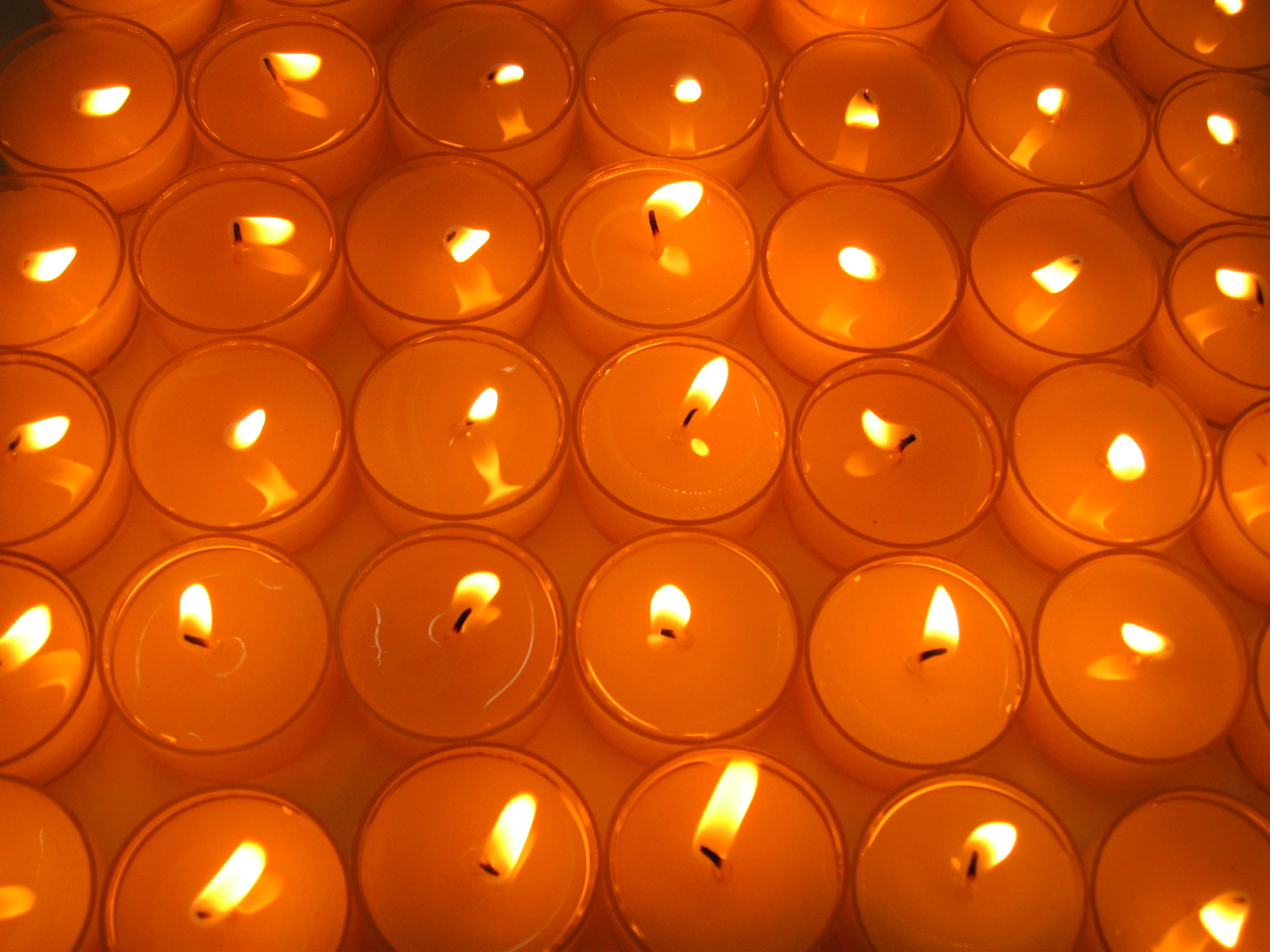We are “sore afraid.” But not like the shepherds in the hills around Bethlehem on the night angels proclaimed the birth of Jesus. The angels assuaged their fears with Good News about a savior, but who will assuage our fears about the news from Charlotte, Tulsa, Dallas, Baton Rouge, Chicago, Ferguson, Baltimore, New York, … ? We are sore afraid. We are very afraid.
The shooting deaths in Charlotte and Tulsa and resulting unrest most recently are tragedies from every perspective. We pray for all those affected. But we must also pray for a deeper understanding of why we keep ending up here. And that’s where fear comes in.
Citizens are afraid of the police, some more justifiably so than others. Our neighbors have been “marked” by centuries of misrepresentation leading to undeserved mistrust of them. They know all too well that a few decades of “equality” will not erase ingrained assumptions. They must watch their own backs because their true trustworthiness is, sadly, irrelevant.
Police are afraid of citizens and, thus, operate on the assumption that all of us are carrying a gun. Of course, in NC, as in many other states, all of us have the “right” to carry a gun—openly. So, why wouldn’t the police err on the side of safety? Still, open carry and pistol permits and right to bear arms aside, the police are afraid of the people they are supposed to protect, some more than others. When we are afraid, even when we are police officers, we see danger in places where danger might not exist.
Citizens are afraid of each other. This fear of the other drives us into coteries of homogeny, further impeding our ability to understand difference and overcome fear. We only talk to people who think like us, which serves to reinforce the way we think and eventually confirms for us that only our way of thinking is right. After a while we don’t know anybody who thinks differently; we only know of them by what we are told about them by the people who think like us. All of us do this and, so, we are afraid of each other.
The Christian faith, along with other faiths, has some things to say about fear. In short, we learn we are most afraid when we are clinging to something that is only temporarily ours in the first place, whether possessions or relationships or even life. I’m not suggesting we should be careless or audacious with possessions or life, but only that we should keep temporal ties and transcendent truths rightly ordered. We should do some self-questioning about what we are afraid of and why. We have been promised by the one who created us that “[we] may have life, and have it abundantly” (John 10:10). Right now we have fear in abundance. As we move ahead, we might try focusing on the promise of life and allow that abundance to help us overcome fear.

